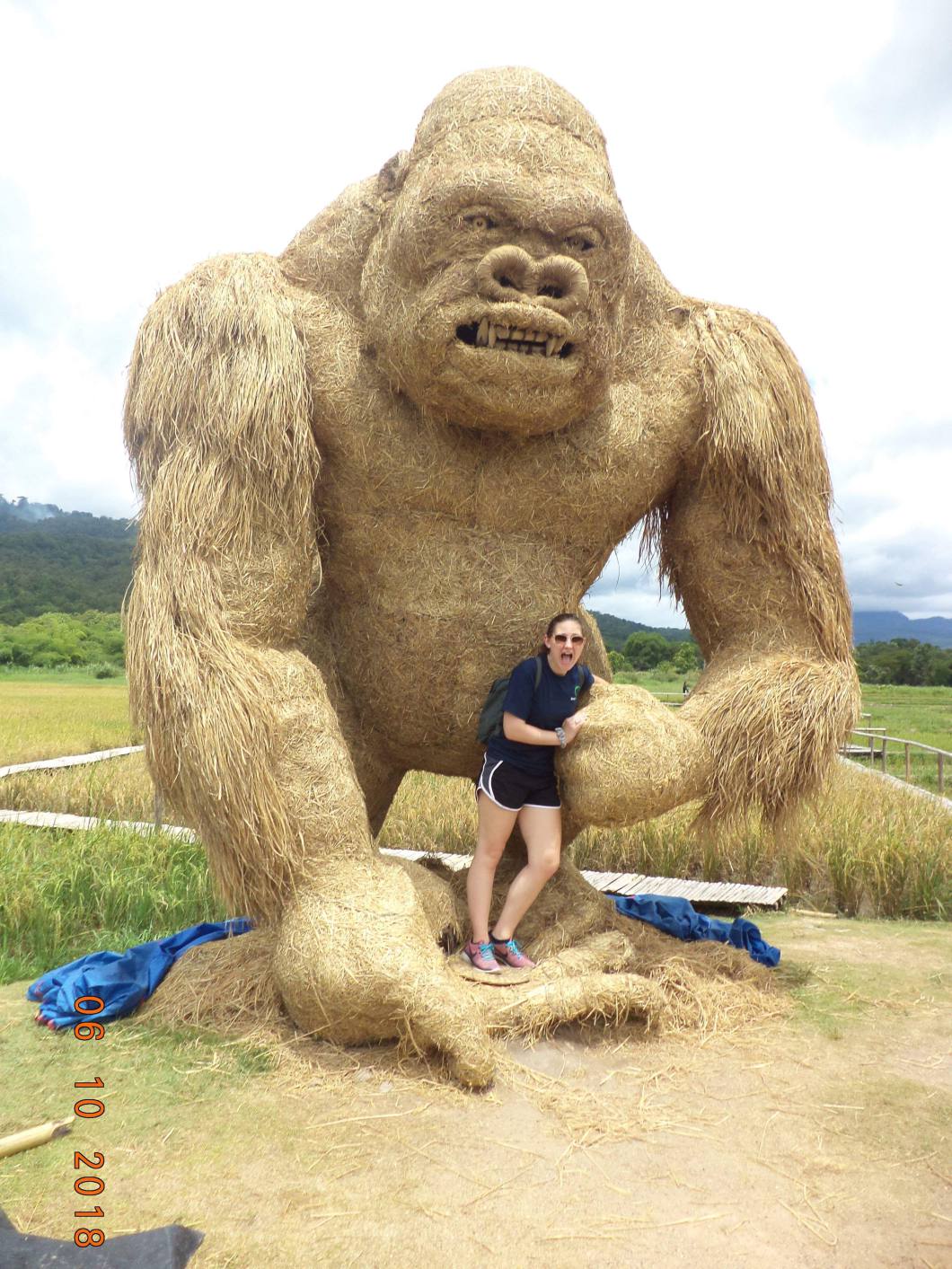International Office
Personal Safety
While abroad, you can take steps to lessen the possibility of accidents or unfortunate incidents. Be reasonably cautious, obey common sense rules of behavior, and don’t panic. Remember that the vast majority of travelers arrive home unscathed. The following guidelines will be helpful in ensuring your travel safety.
- Use common sense, and always be aware of your surroundings. This is the single most
important advice to use.

- Don’t travel in large groups, but travel with at least one other person, especially after dark.
- Model your behavior and dress on those around you. If you are unsure of a behavior -- by yourself or by someone else -- ask a local if it is acceptable.
- Follow local security instructions. If police or other government officials have instructed certain behavior, follow the rules, politely and quietly.
- Be sensitive to cultural difference, but also do not engage in any activity that makes you uneasy for the sake of cultural sensitivity. Do not be afraid of saying “no” firmly; it is better to be rude than to put yourself in a compromising situation.
- Keep the program staff and at least one friend apprised of your extracurricular travel plans and make sure that at least one person knows where you are at most times. Keep your cell phone charged, turned on, and with you at all times.
- Guard your passport carefully! Without it, you could be stuck in a country for several days more than you planned. Embassies are closed for holidays celebrated in their country and in the United States. Keep a photocopy of your main passport page and store it apart from the passport itself. The copy will not take the place of the real thing, but it will serve in its place until you replace the lost one.
- Use caution in crowded areas, such as in metro stations or popular gathering spots. Crowded areas are prime feeding grounds for pickpockets. Be aware that thieves often work in pairs, with one attempting to divert your attention while the other steals something from you.
- Don’t travel with large sums of cash, and leave expensive jewelry at home in the States.
- In case of emergencies (whether medical, personal, or other), contact your program staff.
- Avoid risky behavior (e.g., excessive alcohol consumption, walking alone at night, bringing home someone you’ve just met, illegal drug use). Stay away from political rallies or protests. Never purchase, transport, or use illegal drugs.
For more suggestions on how to protect your own health and safety, download and review the NAFSA Health and Safety Guidelines.